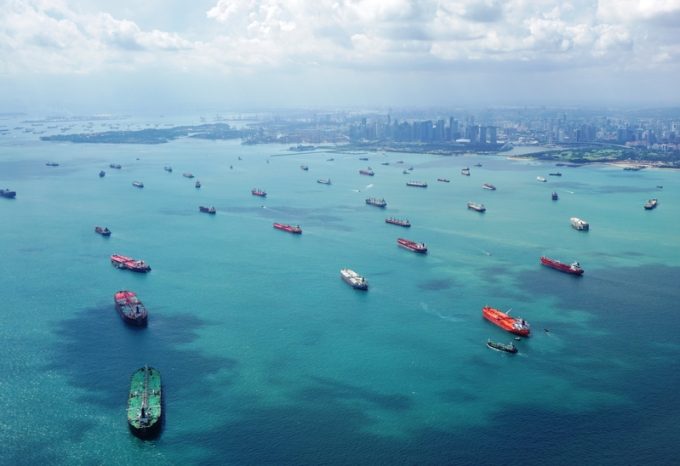Zim signs long-term charter deals for ten new 11,500 teu ships
Israeli container shipping line Zim has announced long-term charters for a series of ten new ...

Ocean carriers are scrambling to cut costs as the demand for liner services continues to plummet, and the off-hiring of chartered tonnage is top of their agenda.
Hapag-Lloyd chief executive Rolf Habben Jansen said yesterday that the carrier would return a further “small double-digit number” of ships from the 129 it has on time charters.
Representing 40% of its fleet capacity, Hapag-Lloyd’s chartered fleet is relatively low compared with that of several of its carrier peers.
MSC has some 75% of its 556-ship ...
Trump tariffs see hundreds of cancelled container bookings a day from Asia
'Disastrous' DSV-Schenker merger would 'disrupt European haulage market'
'To ship or not to ship', the question for US importers amid tariff uncertainty
'Chaos after chaos' coming from de minimis changes and more tariffs
List of blanked transpac sailings grows as trade war heats up and demand cools
EC approves DSV takeover of DB Schenker
Shippers in Asia restart ocean shipment bookings – but not from China
Forto 'sharpens commercial priorities' as it lays off one-third of staff
India withdraws access for Bangladesh transhipments, in 'very harmful' decision
'Tariff hell' leaves industries in limbo – 'not a great environment to plan'
IndiGo fleet expansion plan will include a major push to boost cargo volumes
Pre-tariff rush of goods from US to China sees air rates soar, but not for long
De minimis-induced ecommerce demand slump could cripple freighter operators
'Restoring America's maritime dominance' – stop laughing at the back of the class
Hapag 'took the bigger risk' when it signed up to Gemini, says Maersk
Navigating tariffs: 'like trying to solve a Rubik's cube while colour-blind'

Comment on this article
Randy
May 09, 2020 at 2:54 pmHuge problems caused by the Covid virus. Warehouses around the world are filling up and running out of space. We need to find a way to get goods out of warehouses and in to stores. Hopefully things will be back to normal in the next few months. Service companies that supply labor to warehouses are struggling to supply labor as well.